Ubisoft has managed to reinvent many of its popular franchises in recent years, including the likes of Assassin’s Creed and Ghost Recon. The latter made the jump to an open world experience for the first time with Ghost Recon Wildlands in 2017, which was still supported up until recently. Building upon the later story additions to Wildlands, the followup Ghost Recon Breakpoint is now here with some major differences from its predecessor.
Ghost Recon Breakpoint picks up a few years after Wildlands with you in control of a new protagonist named Lieutenant Colonel Anthony “Nomad” Perryman, who is part of an elite squad known as the Ghosts. You find yourself on what is known as the island of Auroa, which is owned by billionaire Jace Skell of Skell Technologies. However, Skell’s products start to make their way into the wrong hands and the island is shut off from the outside world as a result, prompting the Ghosts to be deployed to the island. Nomad’s squad is attacked upon arrival and leaves him all alone on this island at the start.
For those that played the most recent DLC for Wildlands, you should be familiar with the game’s main antagonist Cole D. Walker, who was part of the Ghosts in the past. By the time this game rolls around, however, he has gone rogue and started his own faction known as the Wolves that has now helped to take over the island of Auroa. Walker is played by the always charismatic Jon Bernthal, which helps to elevate the performance of the character as a whole in the game.
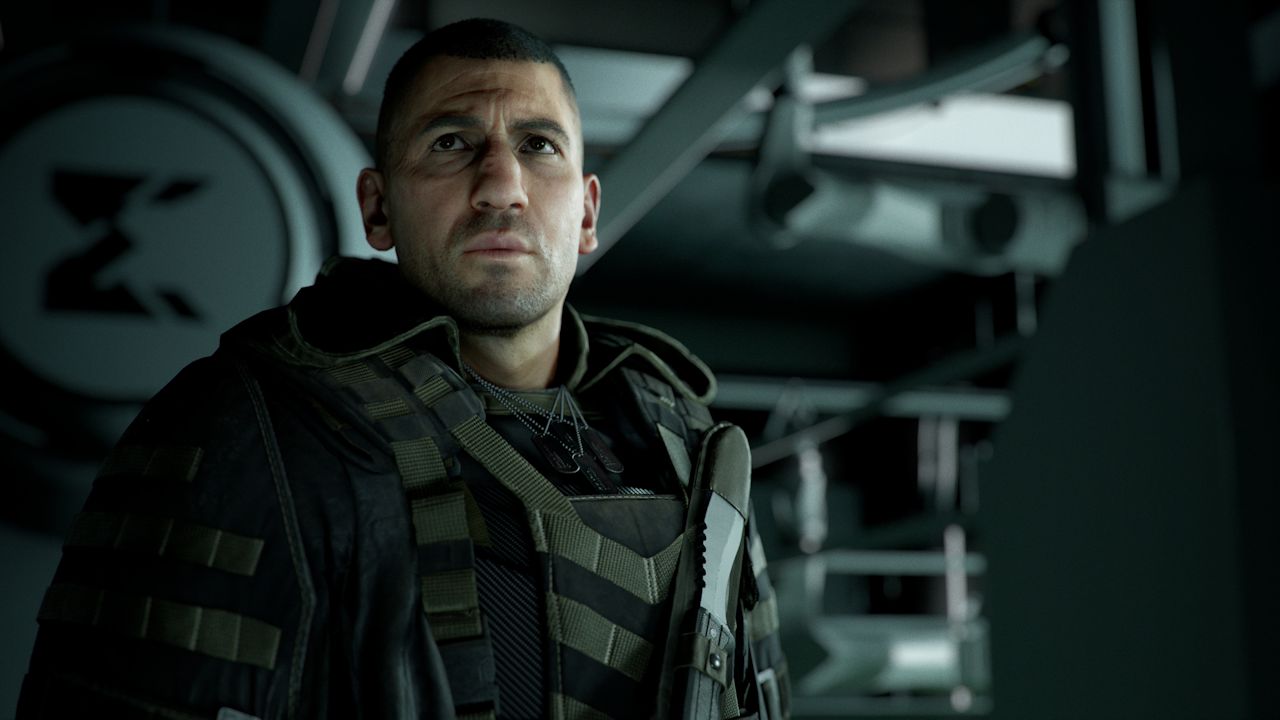
Ghost Recon Breakpoint feels like a mashup of many of the elements of not only Wildlands, but also Ubisoft’s other recent properties like The Division 2 and Far Cry New Dawn. The game features the typical looter shooter setup, where you go around killing enemies and picking up new weapons and gear along the way. A very nice quality of life improvement in the looter shooter genre that was included is the fact that all of this loot is automatically picked up as you walk on top of it, rather than you having to individually pick up everything. This is something that can save you a lot of time and hopefully other games in the genre will adopt over time.
While there are some quality of life improvements, the gear score setup itself in Ghost Recon Breakpoint is a big disappointment. The game implements a system just like you see in The Division, but it really does not fit the survival theme of the game, where you find yourself out in the wilderness for most of the experience. Weapon levels also feel misplaced here for the most part, especially with the fact headshots play such a role in the actual shooting. Even with protective gear that you have to shoot off, a well placed headshot is a one shot kill regardless of which level of weapon you’re using, which makes the whole system seem asinine.
Thankfully, the actual shooting mechanics and weapon selection in the game are very impressive. There are many different types of weapons to choose from that can be slotted into your two main weapons or your sidearm slot, with you able to switch between them on the fly. The guns feel like they should and have distinct differences in the styles, even if the gear scores don’t mean as much as they should. The variety of vehicles available in the game is also solid, which can provide a lot of fun as you’re riding around the large landscape of Auroa. However, there are times where you’ll probably just start using fast travel though after the fun of driving the vehicles wears off.
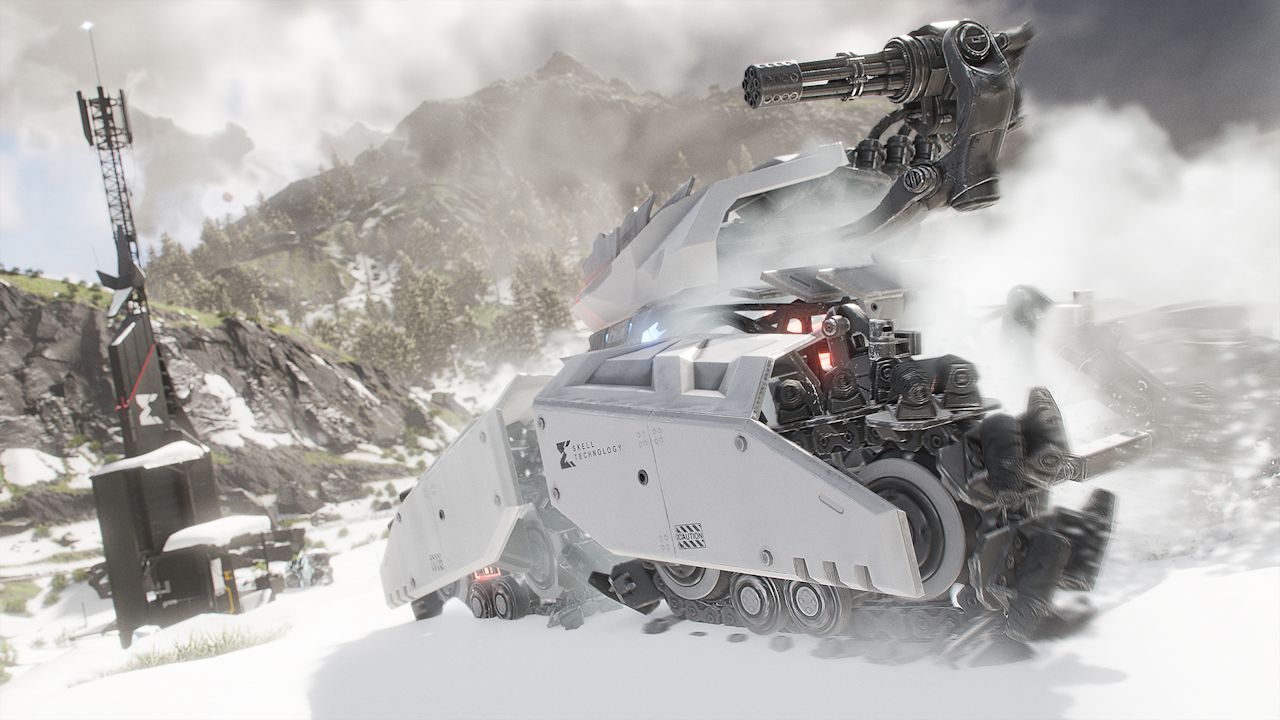
Ghost Recon Breakpoint also introduces a class system, that attempts to add more of an RPG feel to the game. At the start, you can choose from Field Medic, Assault, Panther, or Sharpshooter, each of which have different perks you can unlock by leveling up. This also includes a skill tree that you can utilize to upgrade your character in various ways over time, with you have the ability to choose what areas you want to target specifically here. The class system is not as robust as it could be, but it works well enough for what it is here.
The general structure of Ghost Recon Breakpoint has you selecting missions to take on and then traveling to that area of Auroa to complete each mission. Some of these are story missions that are required to push the overall story forward, while others are of the sidequest variety. Faction missions specifically add some character to the game as a whole, by being more story oriented as they are more focused on an ongoing quest line than the usual standalone side missions.
Probably the biggest change from Wildlands is the lack of AI partners to help you survive throughout the game as you’re trying to complete these various missions. While you can play with friends or matchmake online, you are subjected to true solo play if you do not have people to play for this. This adds a feeling of seclusion that was not expected in a game like this, which can be good or bad depending on how you prefer to play. The playing solo style is more akin to a true stealth experience that would be expected in something like Splinter Cell, but it feels like a major departure for a series like Ghost Recon that is more team oriented as a rule. Even though you can play through all of this with others online for a multiplayer experience as mentioned above, the game definitely does not present the same team style gameplay that people might be expecting coming out of the previous game.
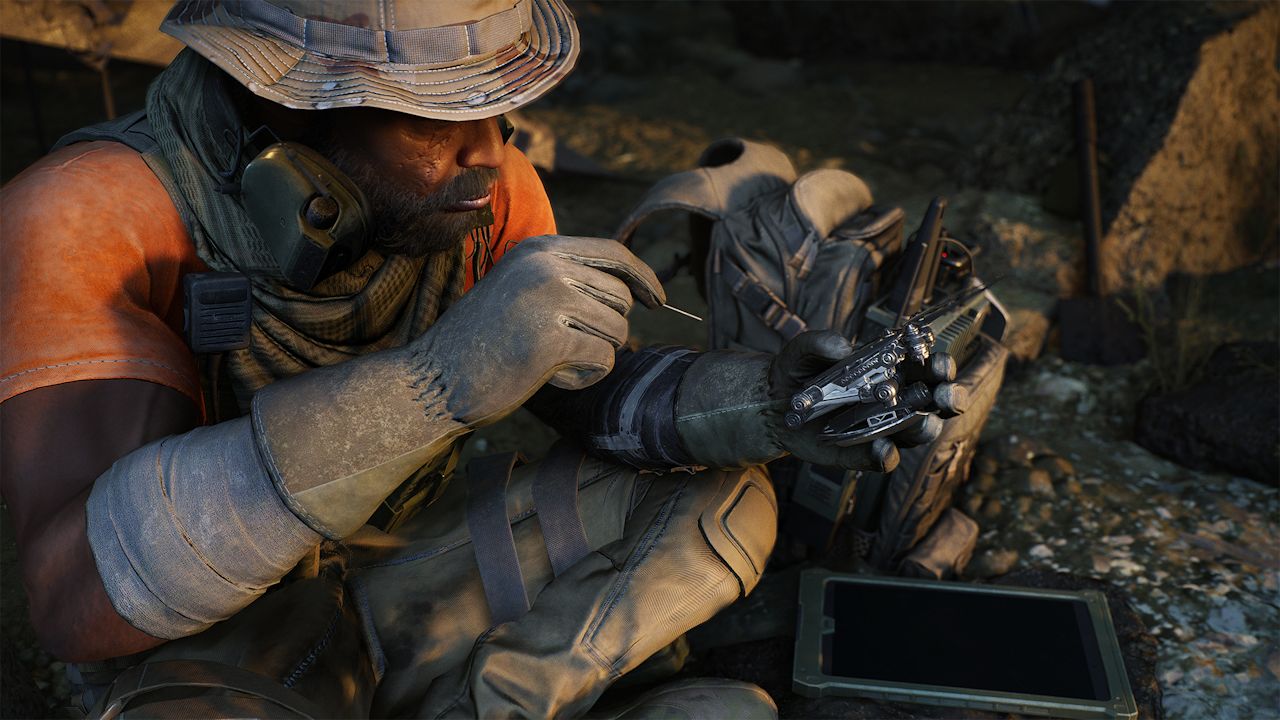
Playing alone does work pretty well with the game’s survival mechanics that have been newly implemented, with some working more effectively than others. Not only do you have a basic health meter that you can recover, but your character can also be injured to the point of it impacting your movement and aim as well. These can be treated in two different ways, using Syringes or Bandages, the latter of which you have an infinite supply of at the cost of taking longer to use. While it can be nice to have endless supplies of bandages, this can also somewhat remove some tension in the game as you know you can always hide and heal when necessary.
Ghost Recon Breakpoint also introduces an eating and drinking system to the mix, though it is handled much differently than you might expect. Most games with this have some sort of hunger or thirst meter that hampers your ability to move forward when they are too low. However, this game instead uses them simply as a buff rather than as a hindrance via your canteen and rations. You can play through the entire game without using either, but taking advantage of these can really help you out along the way if you want, which was an unexpected touch.
Too many changes to the formula to where it is almost unrecognizable
Finding materials out in the wild is important so that you can craft the various rations in the game to help with the aforementioned buffs, the crafting of which can be done at the brand new locations known as Bivouacs. Bivouacs are pop-up camps that you can create throughout the island of Auroa, which not only allow you to craft rations and such, but also make preparations and select vehicles to spawn nearby. These camps are very useful to have scattered around the island considering you will be traveling around a lot, especially since they are also used as a method of fast travel in the game.
For those that want something different from the PvE experience found in the rest of the game, Ghost Recon Breakpoint also has a PvP mode known as Ghost War. Ghost War features two game types, Elimination and Sabotage, along with exclusive maps designed for the PvP experience. This mode is pretty standard so far, but hopefully there will be more options made available for players sometime in the future.
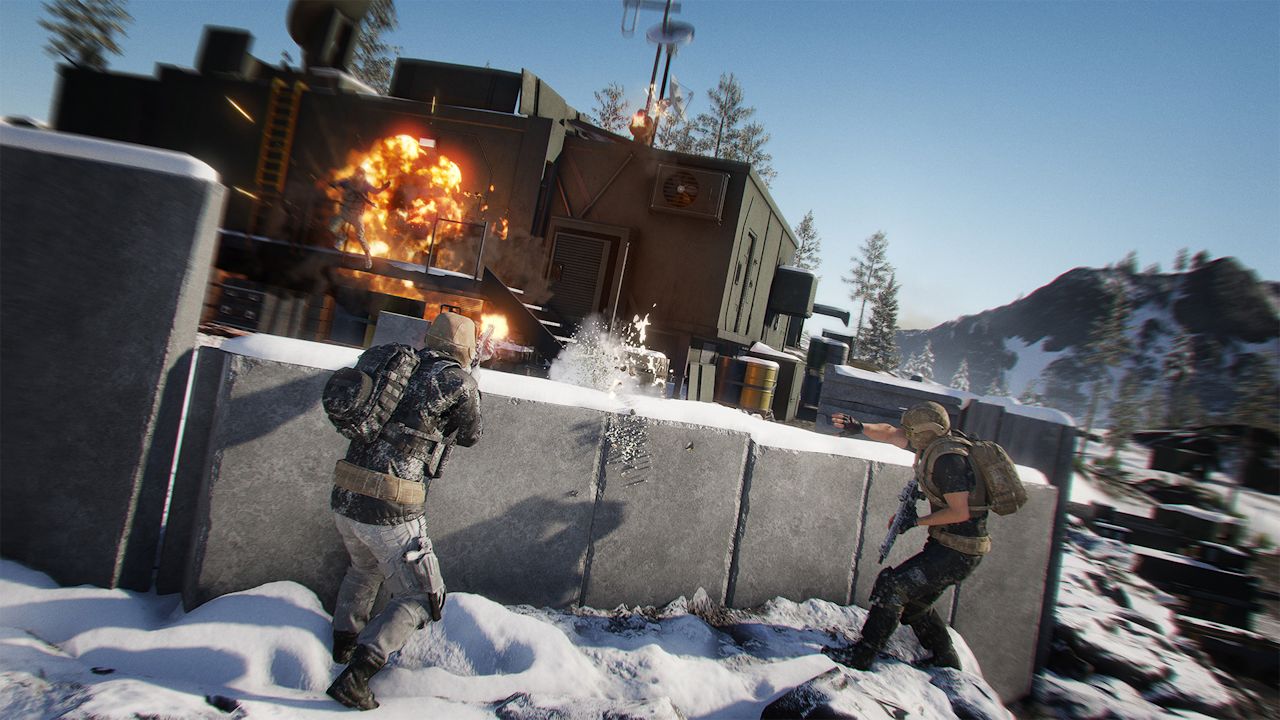
Perhaps the biggest problem of all in Ghost Recon Breakpoint involves the microtransaction system that seems more like something you’d see with the NBA 2K series instead. On launch day, things were really bad with absolutely everything in the game being purchasable with real money, including weapons, attachments, and XP boosts. Ubisoft very quickly removed what they called Time Savers, which are XP boosts, talent boosts, and such that they said were not intended to be available at launch, but rather were planned to be there for people to catch up in the game later. However, this is still pretty unacceptable overall and really make it seem like the game was almost designed just to sell these microtransactions.
Even though Ghost Recon Wildlands may not have been the best game in the series, it was at least a solid foundation to build upon in a sequel. While there is still an enjoyable story at times, mostly as a result of Jon Bernthal, Ghost Recon Breakpoint botches the prior groundwork entirely with a lackluster experience all around that tries to make too many changes to the formula to where it is almost unrecognizable.
The Verdict
Feeling like an attempt at a best of experience for recent Ubisoft games, Ghost Recon Breakpoint fails to capture what has made the series special in the past in all of the important areas.


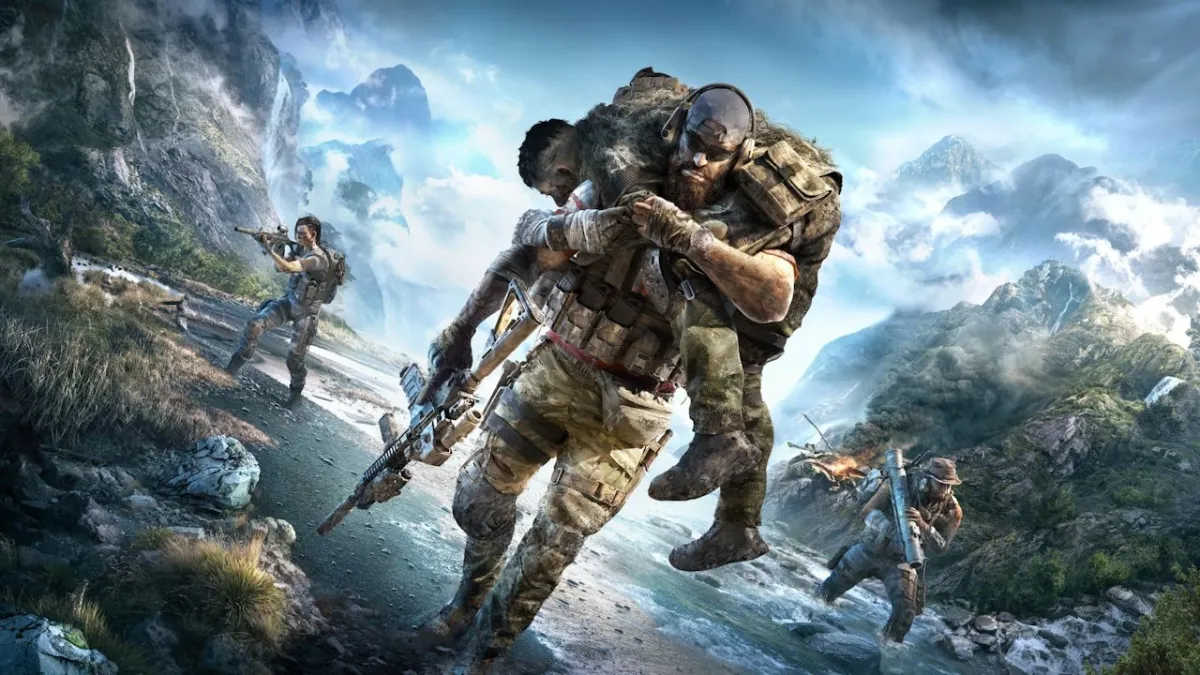
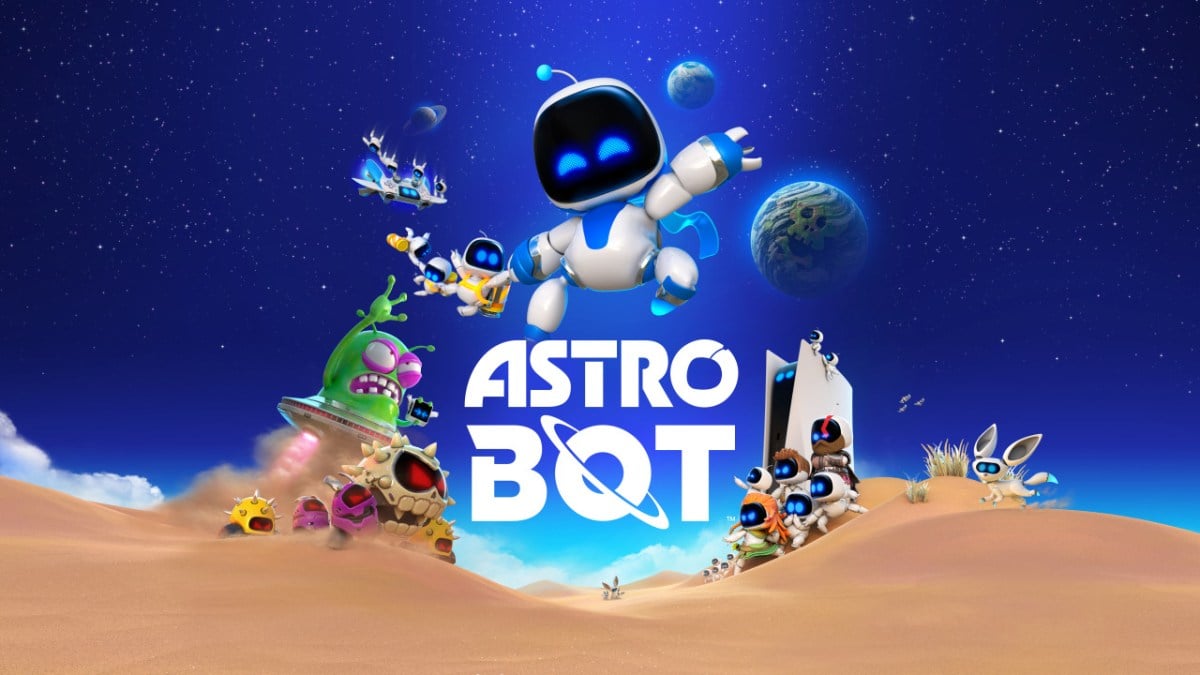
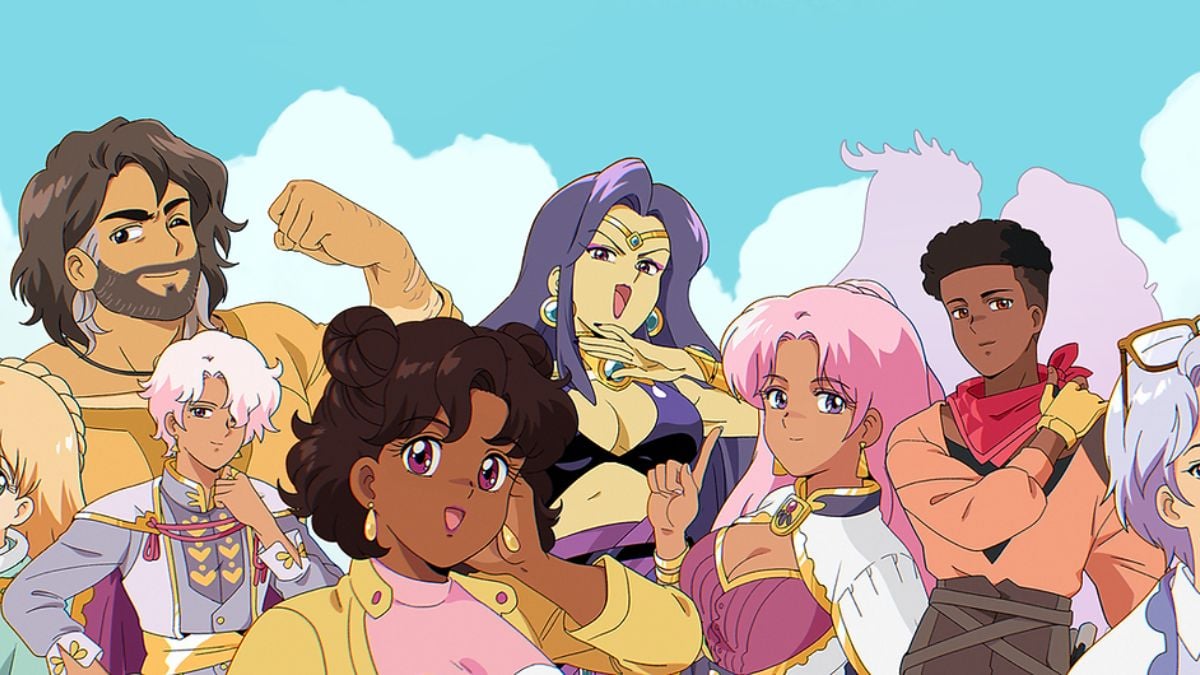
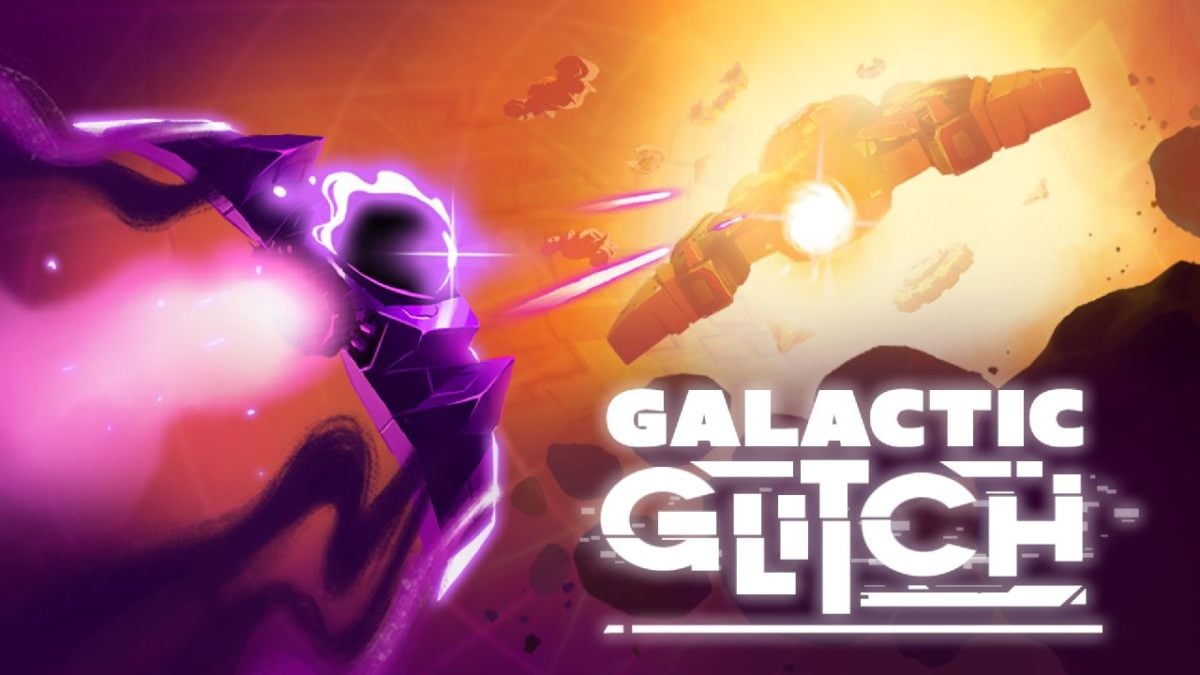
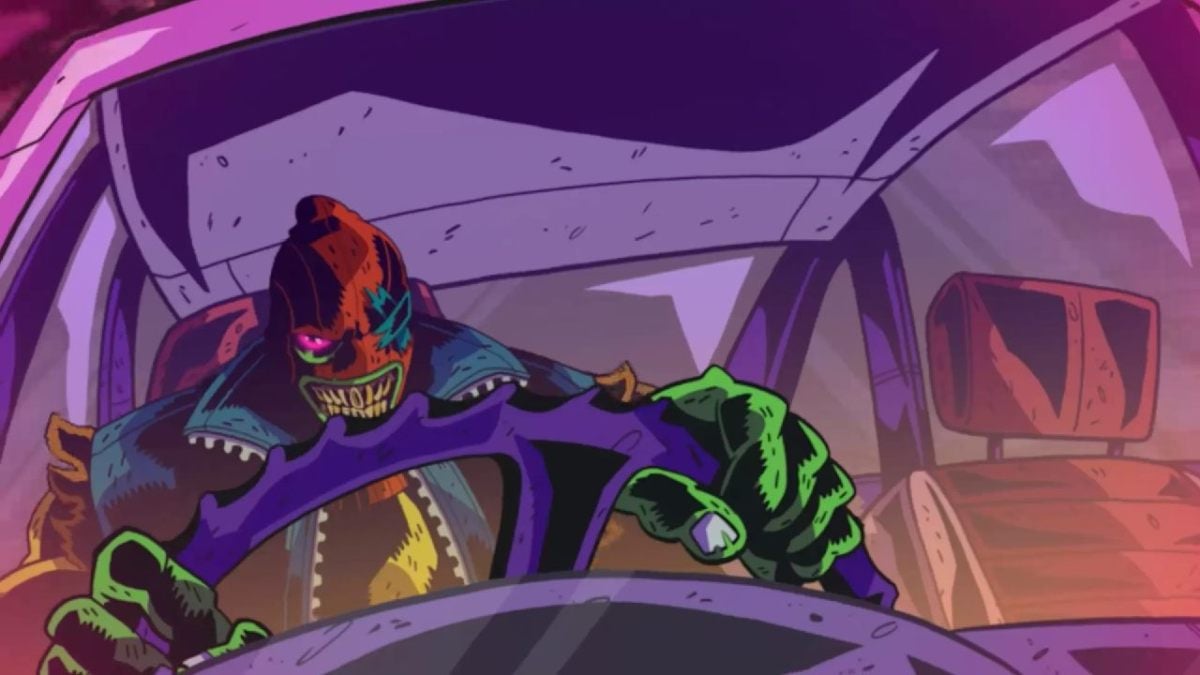
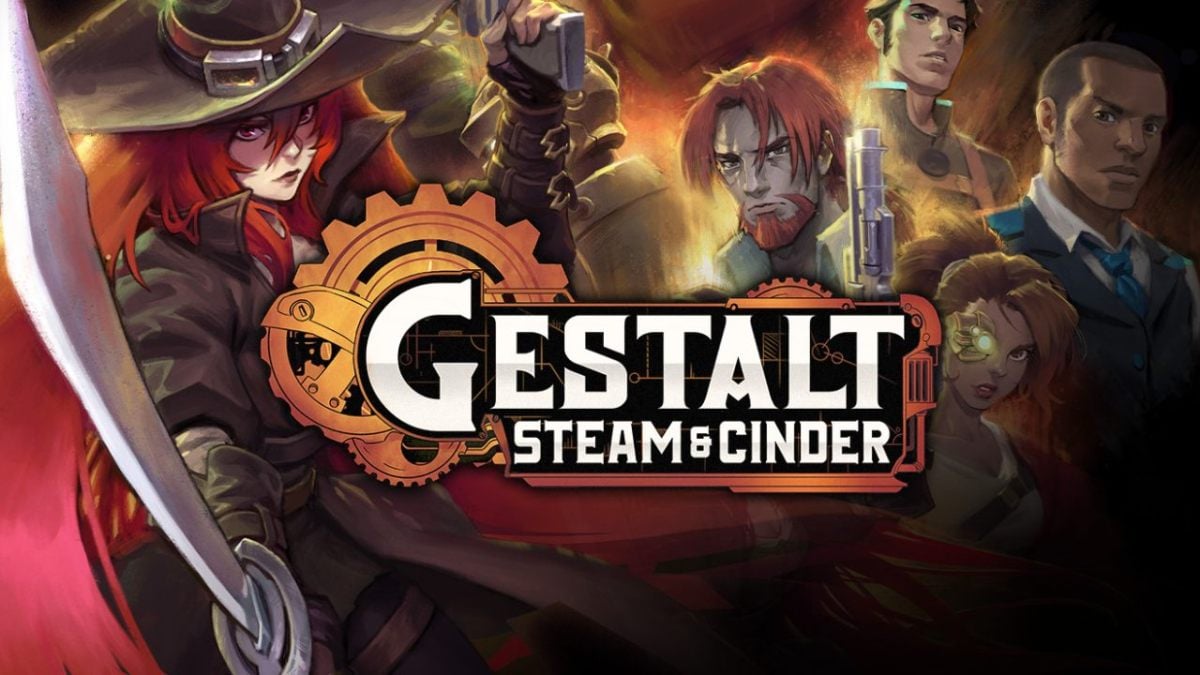
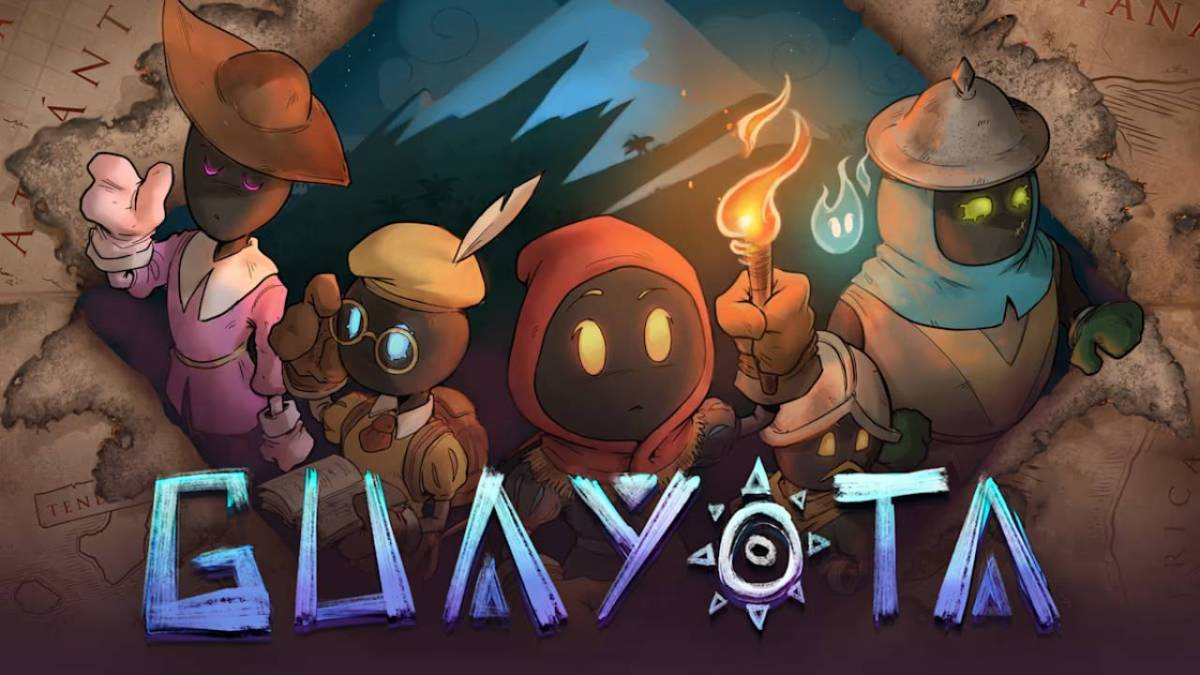
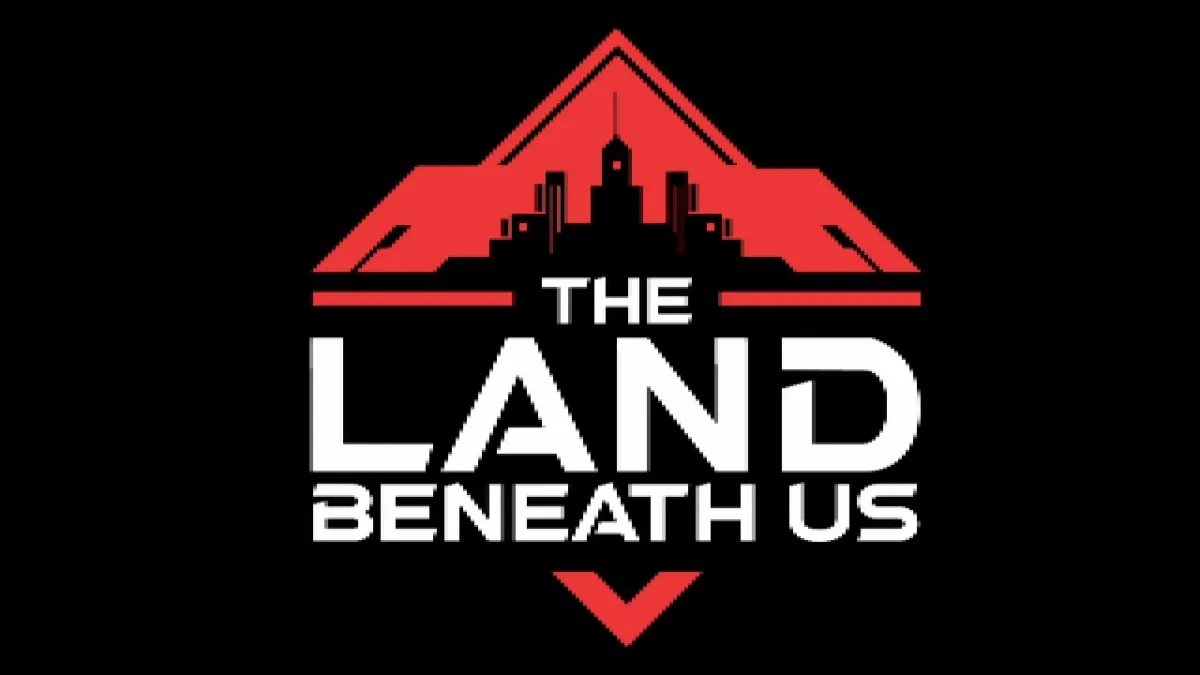
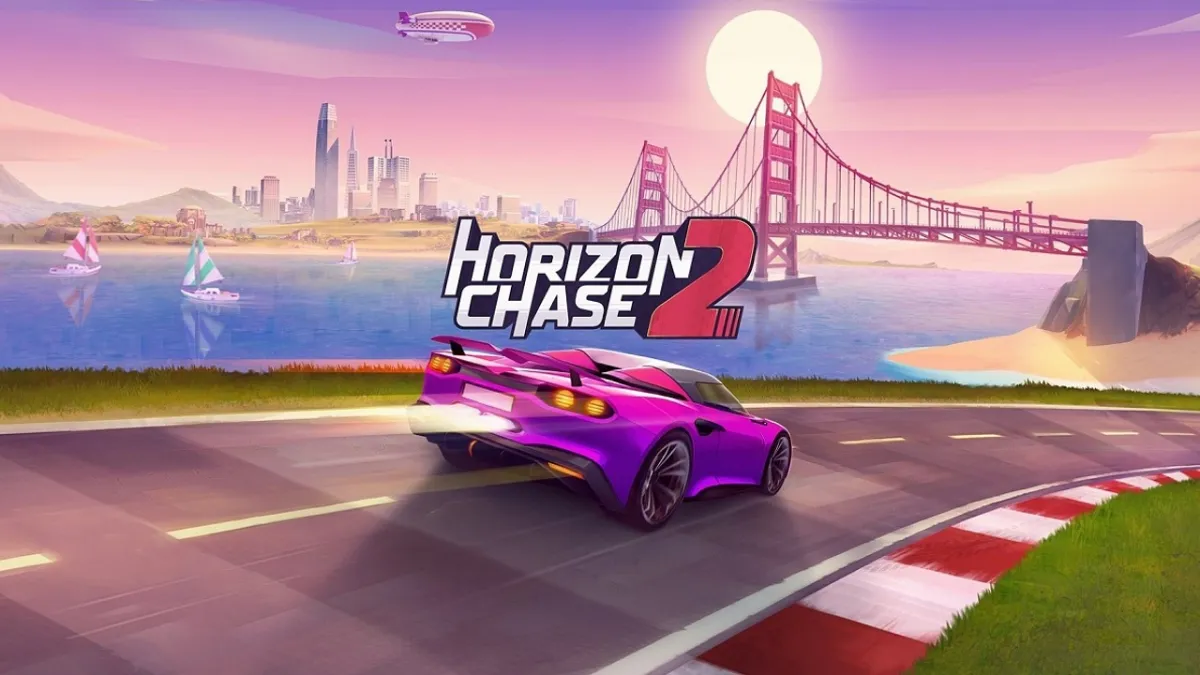
Published: Oct 8, 2019 05:59 am